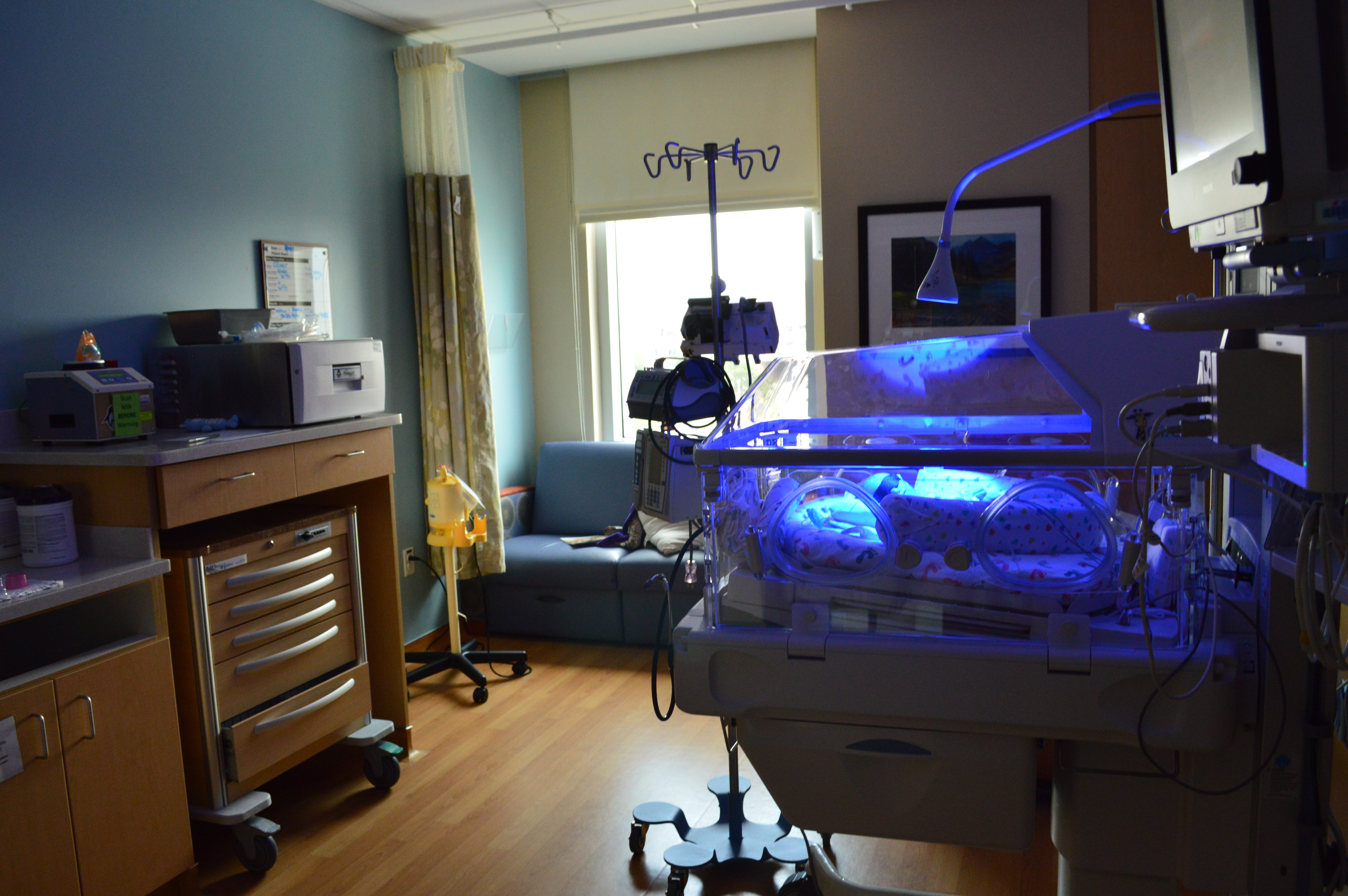Disclaimer: This post is sponsored by Prolacta. All opinions are my own. I am not a medical professional. Always consult your child’s physician before making decisions about their care. Please visit my disclaimer page for more information.
In my short life, I haven’t experienced anything as stressful as the neonatal intensive care unit (NICU). Oliver’s time in the NICU was by far the greatest trial of my life thus far. It hurt having my baby away from me. It hurt watching him struggle. It hurt watching him regress. It hurt hearing the nurses say “it might be a while longer.” All of it hurt and I wouldn’t wish the experience on anyone.
Oliver was a little thing. Although he did extremely well and all his problems were to be expected of an infant born as early as he was, he was still tiny. I pumped my heart out at home and produced a TON of milk (you should see my freezer) for when I wasn’t with him, and breastfed him whenever I was. I was proud of myself for working hard and pumping for him so he could be on my breastmilk. Although fed is best no matter how you choose to feed your baby, I know breastmilk has everything he needed, and was the best thing for him. As a preemie, I wanted to make sure he had it. Since I wasn’t having problems with production, I knew I wanted to do it for him, no matter how unfortunate pumping may seem.
However, with babies as tiny as Oliver, Mom’s milk doesn’t contain enough calories for them to grow as quickly as they should. For tiny babies, The American Academy of Pediatrics recommends fortifying mom’s or donor milk with added protein, calories and nutrients to get them on the right track and home sooner to mom and dad. NICUs often use a human milk fortifier (HMF), that is added to Mom’s milk. This infograph explains more.

NICUs often use a human milk fortifier (HMF), that is added to Mom’s milk. This infograph explains more. When they told me we probably needed to start Oliver on a fortifier, I was devastated. I had been working so hard at home to pump milk for him and I had hoped it would be enough. At the end of the day, there was nothing more I could do, you just can’t control how many calories your milk contains, and Oliver needed more.

Unfortunately, most HMFs are made from cow milk, like most traditional formulas. While we were lucky that Oliver took to the cow milk-based fortifier just fine, other babies are not as lucky. Cow milk-based HMFs can cause severe complications for preemies. Sometimes with cow milk nutrition, babies can experience more gassiness, spit up, or crying, but in the worst-case scenario for preemies, they can develop necrotizing enterocolitis (NEC), a leading cause of death for premature babies (more about NEC here).

NEC is a horrible disease effecting the large intestine of premature babies. It’s when the wall of the intestine is invaded by bacteria which can cause infection and inflammation, that can eventually destroy the intestine itself.

This can be caused by too little blood flow or oxygen to the intestine at birth, but preemies fed cow milk nutrition have a higher risk of developing NEC (see study here and here). So, cow milk-based fortifier can be potentially dangerous for preemies.
I wish I had known about the 100% human milk-based fortifier from Prolacta Bioscience.
For Prematurity Awareness Month, I wanted to share a bit about Prolacta, which makes the only human milk fortifier from 100% human donor breastmilk instead of cow milk. Studies show it is making a difference and improves health for preemies. Not only is it a safe option, but it gives your preemie all the amazing benefits of breastmilk, while still providing your child the extra calories and nutrients they need.
“Prolacta Bioscience, Inc. (Prolacta) is the pioneer in standardized human milk-based nutritional products for premature infants in the neonatal intensive care unit (NICU). Prolacta believes that there is no adequate replacement for human breast milk and, as such, we believe infant nutritional products should be human milk-based. As a privately held, for-profit and scientifically driven company, committed to improving premature infant nutrition, we are using human milk to change the standard of care in the NICU.”
Source: Prolacta Bioscience website
Prolacta is known for its high quality and safety standards for screening, testing and processing, and does extensive screening on all donors. They test for DNA to match donated milk to each qualified donor to make sure ONLY milk from screened and qualified donors is used to make Prolacta’s nutritional products. I’m so thankful that Oliver didn’t experience any issues with his feedings, but I wish I had known Prolacta was an option. I want all my readers to know what I didn’t. If you end up having a baby in the NICU, remember the name Prolacta, and ask your doctor about it! Prolacta’s fortifiers are available by prescription only in the NICU. Know that you have options! Talk to your child’s pediatrician or NICU nurses about Prolacta. Here’s a link to a one page discussion guide that will help you with the conversation. You can advocate for your preemie and get them the
best nutrition possible!

Read more about why human milk matters here.
Let’s get those preemie babies cute and chubby and home with you as soon as possible, with Prolacta.
| About Prolacta | Facebook | Instagram | Twitter |
xoxo.

